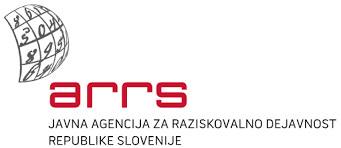TITLE:
J1-2482 Effect of environmentally relevant nano- and micro-plastics on terrestrial invertebrates
DESCRIPTION:
In recent years, microplastics pollution has become one of the major public environmental concerns expressed throughout the globe. Although terrestrial environment is a substantial source and sink of microplastics pollution, there is still a lack of comparative knowledge regarding potential sublethal effects that nano- and micro-plastics (NMPs) may have on terrestrial organisms. The main objective of this project is to investigate the impact of environmentally relevant NMPs on terrestrial invertebrates. Environmental relevance will be considered in terms of tested plastic particles, which will be derived from relevant materials commonly found in agricultural soil, and by subjecting NMPs to environmental weathering. Nano- and microplastics will be milled from plastic source materials such as for example car tyres, agricultural plastic mulch and textiles. Terrestrial organisms with different ecological roles and soil niches will be studied: the woodlice Porcellio scaber, white earthworm Enchytraeus crypticus and mealworm beetle Tenebrio molitor. They will be exposed to NMPs via soil exposure and afterwards whole-organism endpoints such as the feeding rate, growth, energy reserves and survival will be followed. The ingestion, fragmentation and retention of microplastics in the gut will be investigated using light and electron microscopy. Immune-related parameters will be followed using spectrophotometric analysis and expression of selected immune-related genes. Proteome analysis of haemolymph will also be done to complement gene expression analysis interpretation as well as to elucidate antioxidant and detoxification processes. Knowledge regarding microplastics effects on terrestrial organisms will contribute to in-depth understanding of potential hazard posed by nano- and microplastics.
DURATION:
2020/09/01 - 2023/08/31
FUNDING:
Slovenian Research Agency - SRA
MORE:


